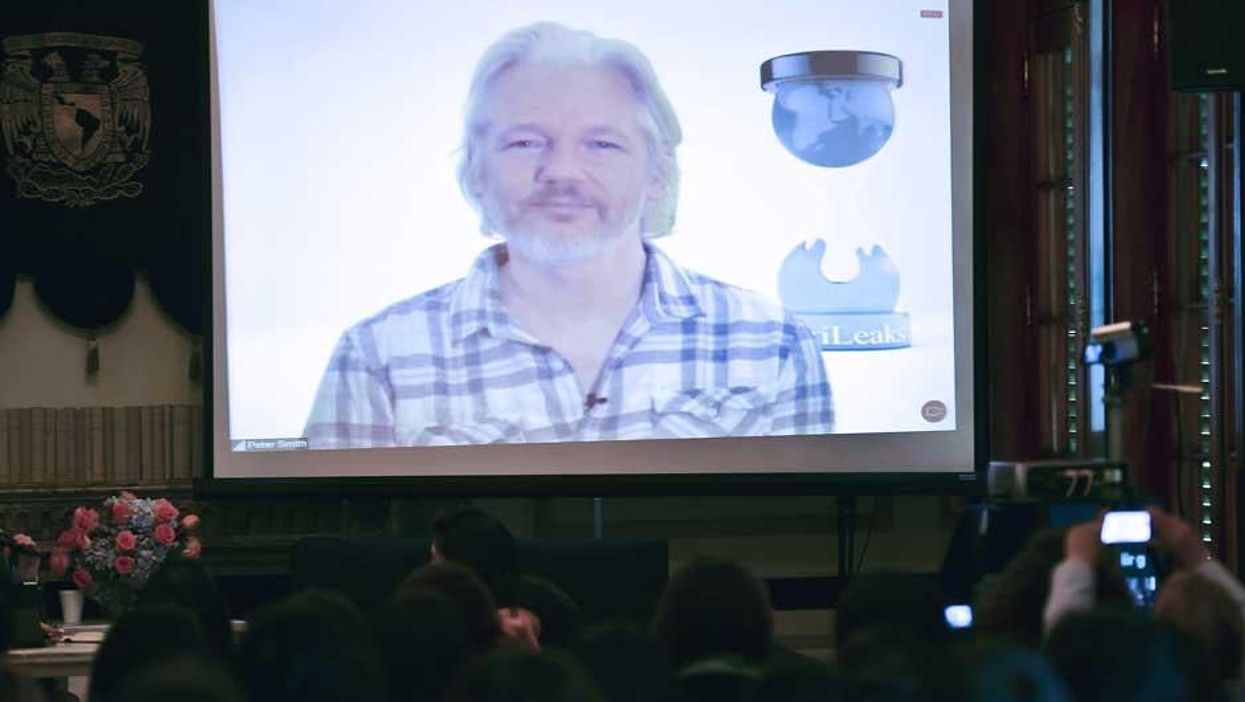News
Dina Rickman
Aug 18, 2014

Julian Assange announced this morning he is leaving the Ecuadorian embassy "soon". He has not stepped foot outside the embassy, in Knightsbridge, London, for 790 days and his announcement follows speculation he was planning to leave to seek hospital treatment for heart and lung problems.
What we know
Today he mentioned the "difficulty" of living inside a small room, which he said would affect any "healthy person". Last week Assange lost a legal bid to have the arrest warrant against him cancelled. The decision by Judge Lena Egelin dashed hopes of a breakthrough in his case.
Assange has been living in the Ecuadorian embassy since June 2012, and was granted diplomatic asylum in August 2012. The UK government want to extradite him to Sweden for questioning in relation to rape and sexual assault claims made by two women. Assange denies all claims against him.
Assange told journalists there has been "no movement at all" in the Swedish investigation and said the Ecuadorian government and his legal team were the only "reasonable" parties involved in the case.
What has been reported
According to The Sun (£), the 43-year-old Wikileaks founder has developed heart and lung problems and needs hospital treatment. The Mail on Sunday reports a severe shortage of Vitamin D, the vitamin a person gets from sunshine, has taken its toll on Assange's health.
What we don't know
We don't know when exactly Assange will leave the embassy, or whether police will immediately arrest Assange when he does - or if they will let him stay and have medical treatment. He told the Mail on Sunday yesterday that if he were to leave he would want "an understanding – formal or informal – that I would be given time to leave the UK before the US puts in an extradition bid. And then I’d go to my children, like any father."
We also don't know the exact cost of Assange's time in the Ecuadorian embassy, although estimates put it at £7 million.
Top 100
The Conversation (0)












